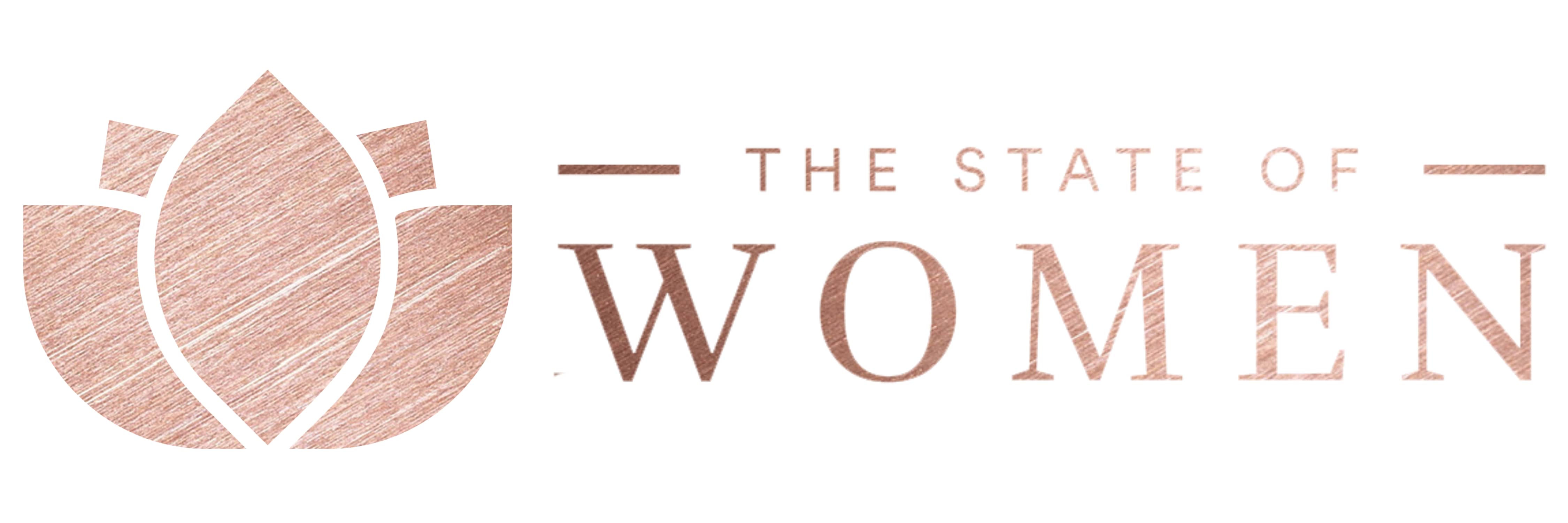In this episode, we feature Assistant Secretary-General of the United Nations and Deputy Executive Director of UN Women, Lakshmi Puri. Lakshmi talks to us about the main focus areas of UN Women, as well as how UN Women engages civic society, governments, grassroots organizations, and the private and public sectors to create equality for women and girls around the world. She also discusses actions millennials can take to fulfill the UN Sustainable Development Goals to achieve Planet 2030, and describes the impact that investing in women has on the advancement of women and girls in order to make the goal of creating gender equality possible in the next 15 years.
Puri is Assistant Secretary-General of the United Nations and Deputy Executive Director of UN Women, the United Nations Entity for Gender Equality and the Empowerment of Women. She is directly responsible for the leadership and management of the Bureau for Intergovernmental Support, United Nations Coordination, and Strategic Partnerships.
Puri joined UN Women in March 2011 shortly after its creation. As a member of the senior leadership team, she actively contributed to institutional development and consolidation, shaping the first Strategic Plan and positioning it as the leading organization for the promotion of gender equality and women’s empowerment globally. She steered UN Women’s engagement in major intergovernmental processes, such as the Rio+20 conference. She coordinated preparations for the 57th session of the Commission on the Status of Women, which saw the adoption of a historic agreement on ending and preventing violence against women. She also led efforts to build strategic partnerships, particularly with civil society and women’s organizations, and oversaw the adoption and implementation of U.N. system-wide accountability and coherence systems for gender equality and women’s empowerment. She acted as the interim head of UN Women from March to August 2013.
Throughout her career, Puri has promoted the gender equality and women’s empowerment agenda in various capacities in the context of peace and security, human rights, and sustainable development. She has extensive experience in economic and development policy-making covering trade, investment, migration and labor mobility, financial flows, environment and climate change, energy, agriculture and food security, universal access to essential services, intellectual property rights, and traditional knowledge; among other issues.
Prior to joining UN Women, Puri was the director of the UN Office of the High Representative for the Least Developed Countries, Landlocked Developing Countries and Small Island Developing States, where she coordinated the preparations for the fourth UN Conference on the Least Developed Countries, which resulted in significant strides, including the Istanbul Programme of Action and Political Declaration.
Puri joined the United Nations in 2002 as director of the largest division at the United Nations Conference on Trade and Development: the Division on International Trade in Goods, Services and Commodities. From 2007 to 2009, she served as UNCTAD’s acting deputy secretary-general, providing strategic direction and oversight to the organization. She made an impact on two major UNCTAD conferences in Brazil in 2004 and in Ghana in 2008. At UNCTAD, Puri also ensured that gender considerations were effectively mainstreamed in the trade and development agenda.
Puri joined the United Nations after a distinguished 28-year career with the Indian Foreign Service, where she held the rank of Permanent Secretary of the Government of India. As ambassador of India to Hungary, concurrently accredited to Bosnia and Herzegovina, she worked closely with the U.N. Special Representative of the Secretary-General in Bosnia and Herzegovina and the Indian peacekeeping contingent, the largest in the Balkans. She also played an important role as a member of the Indian diplomatic team in brokering the Indo-Sri Lankan peace agreement in 1987 to end the country’s ethnic conflict and was involved in several aspects of the Indian peacekeeping operations and peace-building efforts that followed. Puri’s work with the United Nations dates back to 1981, when she was a delegate to the Commission on Human Rights where she was involved in the negotiation of some key human rights conventions, notably during her postings in Geneva including as deputy permanent representative. She dealt with a range of U.N. specialized agencies, as well as the World Trade Organization.
She has a Bachelor of Arts (honours) from Delhi University and a postgraduate degree from Punjab University, as well as professional diplomas. She studied history, public policy and administration, international relations and law, and economic development. Puri has contributed to policy-related research at think tanks and academic institutions and has been on the board of public policy institutions and companies. Puri is married and has two daughters.


